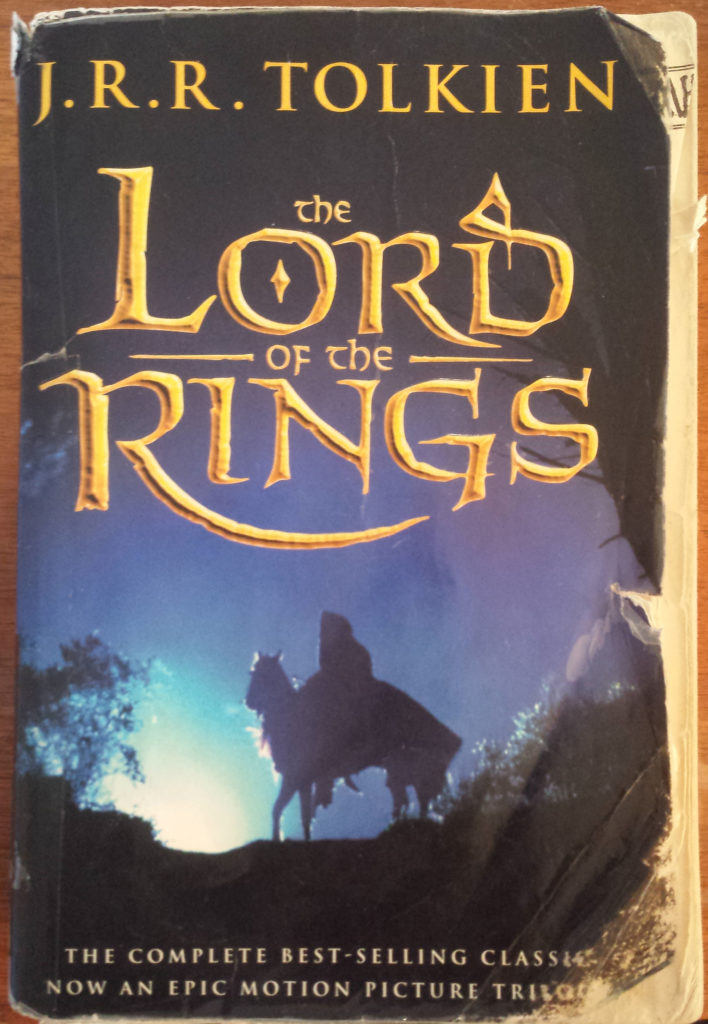Presenting The Gospel Through Story

By Riccardo Ghilardi photographer – Own work, CC BY-SA 3.0, https://en.wikipedia.org/w/index.php?curid=52709660
News of Carrie Fisher’s death took over the web last week. Post upon post popped up on Facebook, ranging from shock to remembrance. Such was the legacy she had.
I’m not a huge Star Wars fan and didn’t grow up watching the movies, so I don’t understand the sense of loss a lot of people felt. However, when someone dies, particularly of such fame, it makes me think.
From what I’ve read (please correct me if I’m wrong), Carrie Fisher wasn’t a Christian. Despite her career, the accolades and attention, the success she enjoyed, what did it matter in the end? It’s a grim reminder that we become so wrapped up in the details of life it seems we can’t find a way out of the fog. Our attention turns to the material world. Our focus looks earthward instead of heavenward.
Then tragedy strikes, and we view things in a new light.
The Call to Share
The great commission is imprinted in the minds of Christians. We know we’re supposed to proclaim the Gospel. No debate or what ifs about that.
The difficulty comes in carrying it out. For some, fulfilling the call is easier. For others, more difficult. Life gets in the way. We become busy with the endless stream of demands and responsibilities.
Yet when death strikes close to home, when it edges out from the back of our minds and becomes something we think about, our perspective shifts. Especially if that person, like Carrie Fisher, made no proclamation of faith.
The finality of death makes us pause when we consider the consequences for an unbeliever. It should also cause us to be more purposeful in sharing the Gospel—whatever form that takes. (Not to be become legalistic or induce guilt on someone for not actively sharing the Gospel every day.)
The Medium for Sharing
Too often, the call to spread the Gospel to every part of the world is taken literally. Not that such a view is wrong. Rather, it’s too narrow. The unfortunate mindset exists that such sharing must take place within certain bounds.
- Missions
- Preaching
- Street or college campus evangelism
The slogan could easily be, “Active evangelism or bust!” With the connotation, of course, that anything less is somehow falling short.
But is that true?
I would submit not. Sharing the Gospel need not always take place in traditional ways, nor need it be overt.
Why?
This is where the power of story enters the picture.
The Truth in Stories
 Stories, especially those of the fantastical bent, provide rich soil for the seeds of truth to sprout and grow.
Stories, especially those of the fantastical bent, provide rich soil for the seeds of truth to sprout and grow.
I present Narnia as Exhibit A.
The echoes of Gospel truth resound clearly throughout the pages of each book. An overt presentation, but not one that smacks readers across the face or preaches at them.
Even unbelievers can see the basic principles at play—sacrificial love, redemption, forgiveness—though they may fail to appreciate the deeper currents of truth flowing beneath the surface.
Stories that take a less obvious approach also supply a background for sharing the truth. Tolkien’s works come to mind, and such is the method I’ve used in many of my stories.
I would argue that the two types I mentioned are more effective means of presenting truth than the stories that shove it in the reader’s face.
Are stories a replacement for telling people directly? I don’t think so. But that doesn’t exclude them from the toolbox. Sometimes, the best way to reach someone is through the back door.
Even if stories by Christian authors don’t directly cause someone to think about the Gospel, their powerful effect is undeniable. The startling relatability of stories grabs our attention like few other things do. They make us think and wrench our emotions.
And who knows? God can certainly use stories to capture people’s attention, to reveal that spark of “Joy,” as C. S. Lewis termed it.
Such considerations should be on the minds of all Christian writers, whatever style they take, whatever emphasis they choose to focus on. It’s motivation for Christians to write imaginative stories soaked in truth and brimming with the core of the Gospel message.
It also should encourage us in our writing endeavors. Story is an excellent way to share the truth. So let us hone our skill, practice our craft, tell our stories. You never know who will read our tales or what impact they will have.
What are some of your favorite stories that present the truth?










































I think it’s hard to say this one story or that shared the truth and all others didn’t. I find many, many stories show the truth, even if it is no more than “man’s inhumanity to man.” That’s a basic truth and one we are beginning to turn our backs on in favor of the goodness of man, or “you can do it, you can do it, you can, you can.”
I liked the Chronicles of Prydain by Lloyd Alexander for the truth they shared about the rescue of a high king and the importance of being a pig keeper.
I liked Jill Williamson’s dystopian series, The Safe Lands, for the look at culture and at perseverance, temptation, forgiveness.
Really, there are too many to name.
Becky